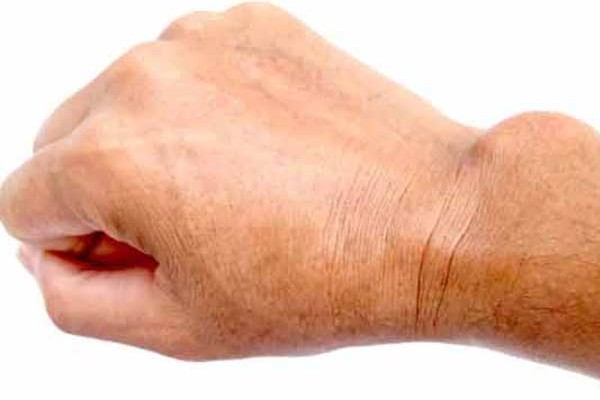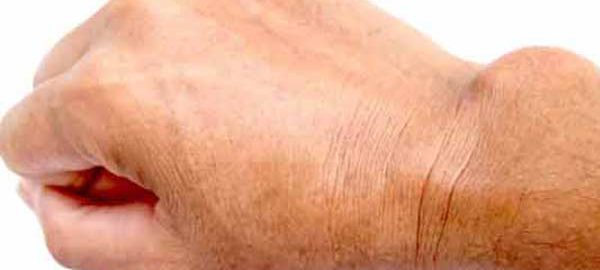Calcium is incredibly important for the functioning of the human body. Although 99 percent is found in teeth and bones, blood vessels, nerves, and muscles also need calcium.
They get it through blood vapor, in which that important remaining one percent must reside.
The term “calcification” refers to the accumulation of calcium in parts of the body where it should not accumulate, causing hardening of the tissues in question. This type of calcium build-up can affect many parts of the body, including:
- The arteries ( atherosclerosis )
- heart valves (calcification of the aortic valve)
- other organs, such as the kidneys, bladder, and even (though rare) the liver
- other soft tissues (muscles, breasts, fatty tissue)
- joints and tendons.
- the brain (cranial calcification)
What Causes Calcification?
Some calcification is a normal and expected part of the aging process. Almost all adult humans have some calcification of the pineal gland in the brain, and about half of women over 50 have some calcification within their breast tissues.
However, calcifications can also be pathological, and depending on the type of calcification, the following causes may play a role:
- Excessive intake of vitamin D (soft tissue calcification, kidney stones)
- a vitamin K deficiency
- age in combination with excessive physical activity and / or being overweight (calcification as a complication of osteoarthritis)
- genetics
- existing heart or kidney conditions
- taking certain medications that affect the way your body processes calcium, such as high blood pressure and cholesterol medications.
- injury
- of smoking
How do you know if you are experiencing calcification? Can you prevent it?
Due to the various parts of the body that can be affected by calcification, it is impossible to make general statements about the symptoms that people may experience. However, most of the time there will be no obvious symptoms, and it is very likely that you will discover calcifications after undergoing an X-ray for entirely different reasons.
The best thing anyone can do to try to prevent calcification is to live a healthy life and talk to the orthopaedic doctor in Delhi about prevention if they are at higher risk. It is also advisable that you attend preventive medical exams with your doctor, especially once you reach middle age and beyond.
Treatment for calcification
Treatment for calcification depends entirely on the type you are dealing with. Calcium deposits in the joints and tendons can be removed surgically. While people with kidney stones will likely be prescribed diuretics that stimulate calcium build-up in the bones.
Those prone to kidney stones may also be advised to reduce their calcium intake. Surgery may be necessary if you suffer from heart valve calcification, while those with cerebral calcification may be prescribed bisphosphonates, a class of medication that is also used to treat osteoporosis.
In conclusion
While calcification of any kind is unlikely to produce symptoms that easily lead to self-diagnosis, anyone concerned about their health should see a orthopaedic in Delhi. The detailed description of your symptoms will allow your doctor to decide what kinds of tests should be done, leading to a diagnosis.


